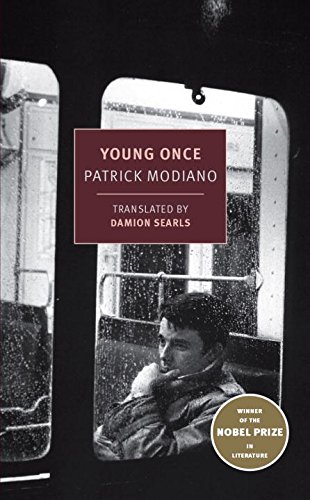All Nonfiction
- Bullying
- Books
- Academic
- Author Interviews
- Celebrity interviews
- College Articles
- College Essays
- Educator of the Year
- Heroes
- Interviews
- Memoir
- Personal Experience
- Sports
- Travel & Culture
All Opinions
- Bullying
- Current Events / Politics
- Discrimination
- Drugs / Alcohol / Smoking
- Entertainment / Celebrities
- Environment
- Love / Relationships
- Movies / Music / TV
- Pop Culture / Trends
- School / College
- Social Issues / Civics
- Spirituality / Religion
- Sports / Hobbies
All Hot Topics
- Bullying
- Community Service
- Environment
- Health
- Letters to the Editor
- Pride & Prejudice
- What Matters
- Back
Summer Guide
- Program Links
- Program Reviews
- Back
College Guide
- College Links
- College Reviews
- College Essays
- College Articles
- Back
Book Review of: Once by Morris Gleitzman
The Holocaust: an enormous tragedy that struck the lives of millions at the hands of one person. Many stories we hear of the Holocaust are second-hand accounts, or first-hand accounts from elderly survivors willing to tell their experiences. Usually, you don't hear these stories from a child’s perspective. Once by Morris Gleitzman does just that.
Felix is a young Jewish boy growing up in Poland during World War II. At the time, Poland and many other European countries had been taken over by Adolf Hitler, who was responsible for the killing of 11 million people, 6 million of which were Jewish men, women, and children. Felix, being a ten year old boy, is unaware of the war that is occurring. Because his parents were Jewish book-keepers, they put him in a Catholic orphanage to keep him safe and told him they would return one day. But when Felix witnesses Nazis burning a pile of books, he sneaks out of the orphanage to find and warn his mum and dad.
On his journey, Felix rises to the challenge when he rescues a young girl named Zelda, and from there the two travel together through Nazi Poland as Felix searches for his parents. He can be considered brave and naive. He remains strong for Zelda, to show her that he is not afraid and that they can get through their journey together. Despite this, he is also naive because he is still a child, and is oblivious to raging war against his people. Zelda is somewhat helpless and confused, as she relies on Felix for food and shelter, and a distraction from reality. She, too, is unaware of the war, but knows there is something going on. Throughout the novel, the reader can't help but completely fall in love with these two characters. The numerous obstacles they face impacts the reader deeply because of the connection Gleitzman creates between the reader and the characters. The fact that the characters are at such a young age causes the reader to form protective feelings towards them, making the novel that much more special and enjoyable.
Gleitzman’s style of writing contributes to the fact that it is told from a child’s perspective. His child-like vocabulary and story-telling tone represent that of a child, which makes the story more realistic. “Barney said that everybody deserves to have something good in their life at least once. I have. More than once.” Gleitzman uses simple vocabulary and choppy sentences to reflect childish dialogue. He also maintains the characters’ innocence and purity despite their encounters with all kinds of evils, which is one the most prominent traits of all children. This makes the story come to life.
Once he escaped an orphanage to find mum and dad. Once he saved a girl from a burning house. Once he made a Nazi with a toothache laugh. His name is Felix. This is his story.
Similar Articles
JOIN THE DISCUSSION
This article has 0 comments.
